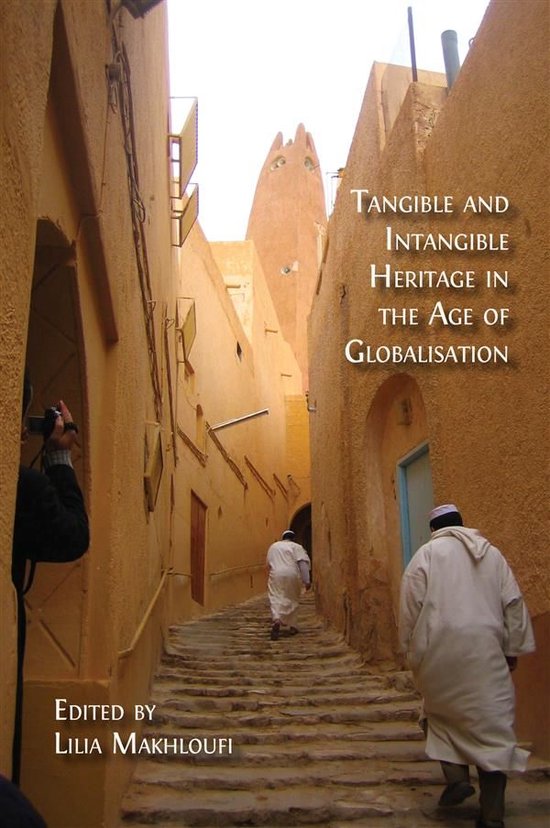Tangible and intangible heritage in the age of globalisation

Direct beschikbaar
This book offers a rich collection of perspectives on the complex interplay between tangible and intangible heritage.
Offering a close and critical examination of heritage preservation in countries including Algeria, Bosnia and Herzegovina, Chile, Egypt, Iran, Japan, Morocco, Oman, Syria and Tunisia, these essays illustrate the need to redefine heritage as an interdisciplinary and intercultural concept. They interrogate heritage paradigms while also providing concrete recommendations to promote the preservation of physical heritage spaces, and the cultural practices and social relationships that depend on them.
Rich in detail and broad in relevance, this book emphasises specific cultural realities while also reflecting on the impact of global historical, social, economic and political trends to heritage conservation, scrutinising the conditions of the past to adapt them to the needs of the present and future. It will be of great relevance to all those interested in the preservation and management of heritage sites, including architects, urban planners, landscape architects, historians, sociologists and archaeologists, as well as heritage marketing, museum and cultural tourism professionals
- 1 Bekijk alle specificaties
Taal: en
Bindwijze: E-book
Oorspronkelijke releasedatum: 10 april 2024
Ebook Formaat: Adobe ePub
Hoofdauteur: Lilia Makhloufi
Lees dit ebook op: Desktop (Mac en Windows)
Lees dit ebook op: Kobo e-reader
Lees dit ebook op: Android (smartphone en tablet)
Lees dit ebook op: iOS (smartphone en tablet)
Lees dit ebook op: Windows (smartphone en tablet)
Studieboek: Nee
EAN: 9781805112150